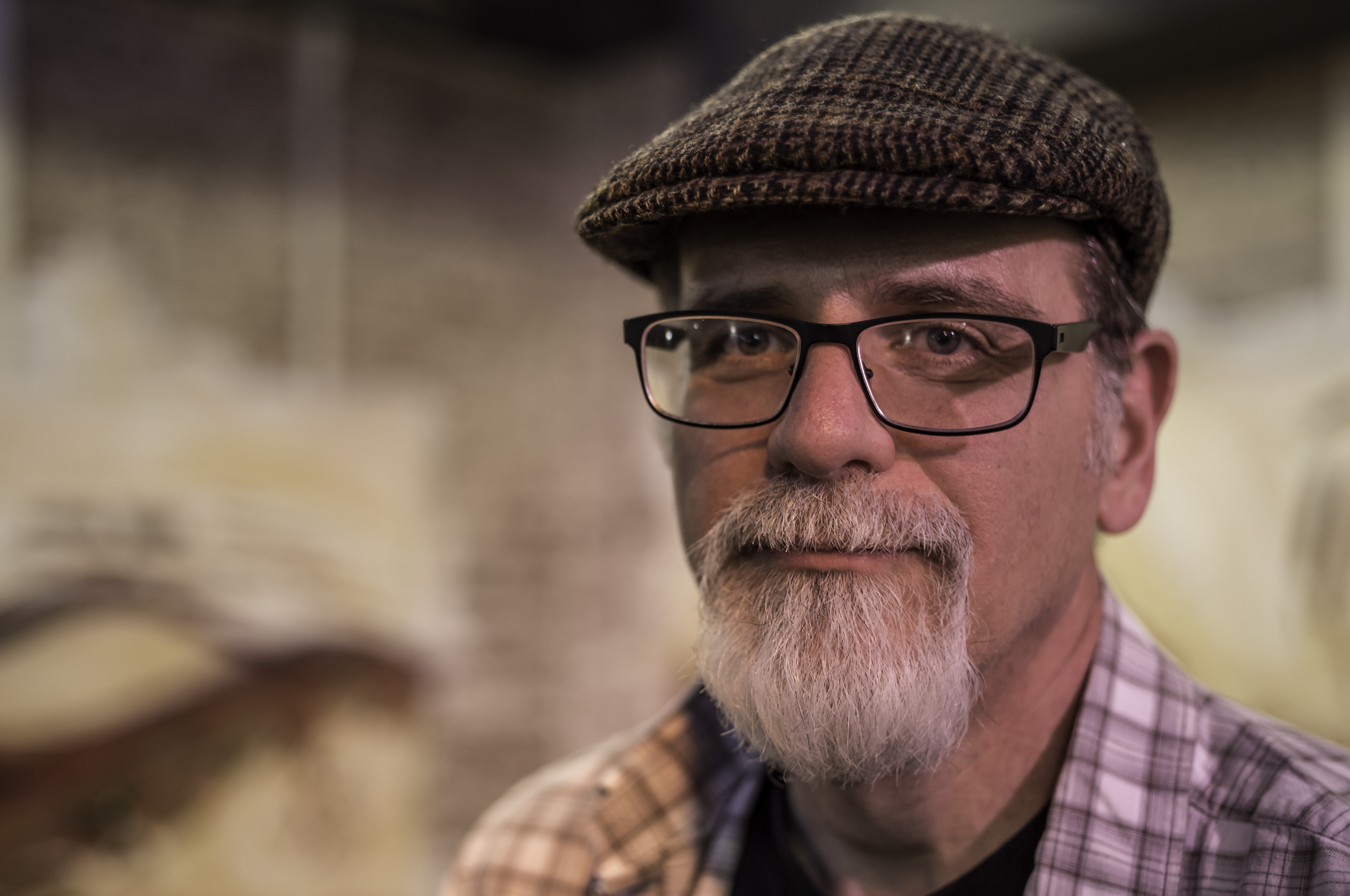Roll Columbia: Woody Guthrie’s 26 Northwest Songs
Various artists, Smithsonian Folkways
Woody Guthrie wrote 26 tunes during one month of 1941, working for a Depression-era government project in the Columbia River Valley. The tunes reflect the struggle of those who work hard and still struggle to survive. The tales rewind the pain of those wandering the country looking for a job, a better place to live, and a way to raise their families. These new versions, recorded mostly by artists based in the Pacific Northwest, start the two-disc set with “Pastures of Plenty,” featuring the wonderful guitar work of Jon Neufeld and Michael Hurley.
The tunes seem to be from another era, until a slight word change makes the listener realize how close they are to our own day.
It’s a mighty hard row that my poor hands have hoed
My poor feet have traveled a hot dusty road
Out of your Dust Bowl and westward we rolled
And your deserts were hot and your mountain was cold
I worked in your orchards of peaches and prunes
Slept on the ground in the light of your moon
Woody is often pictured playing his guitar with the sign “This Machine Kills Fascists” taped next to the sound hole. He was convinced that the music he wrote could change the course of events. Roll Columbia celebrates the hard work of these men and women; building the dams to generate electricity, picking the fruit to feed those in the cities, and working in the lumber industry. Woody did recognize the disconnect between what these laborers experience in comparison to those who reap the benefits.
Woody opens our eyes to the beauty of the place, while making us squirm as we consider that the first tenet of the American dream is fake. Just working hard doesn’t mean you will have the resources to provide for your family. “Jackhammer Blues” is offered twice in this set, with my favorite being the one by Martha Scanlon and Jon Neufeld. These are tales of those who built the infrastructure we use every day without thanking them even once.
I hammered in the rain, I hammered in the dust,
I hammered in the best, and I hammered in the worst;
Um . . . I got them jackhammer blues.
I got them jackhammer blues.
I got a jackhammer gal just as sweet as pie,
And I’m a-gonna hammer till the day I die,
Um . . . I got them jackhammer blues.
I got them jackhammer blues.
The tunes seem to be from another era, until a slight word change makes the listener realize how close they are to our own day. “A Ramblin’ Round” pairs John Moen and Chris Funk on a bitter tale.
My sweetheart and my parents
I left in my old hometown
I’m out to do the best I can
As I go ramblin’ round
My mother prayed that I would be
A man of some renown,
But I’m just a refugee [originally “railroad bum”]
As I go a ramblin’ round, boys . . .
Woody is considered to be one of the most important influences on folk music. At a recent gathering, Folk Alliance International gave the inaugural People’s Voice Award to Bruce Cockburn for his more than 40-year career given to singing about social, justice, and environmental issues. At the same event, Ani DiFranco spoke about the role of the protest singer in modern times.
These CDs, like much of Woody’s music, are accessible, with repeated lines that get into your memory rapidly and melodies that almost anyone can grasp quickly. Once again I was inspired by listening to these songs. I recommend you take a listen to these versions and then get involved. For my recent 60th birthday I wrote a few new tunes in the spirit of Woody. The first was an ode to a worker I knew in an air conditioner factory who was also the original owner of the old Martin guitar I play.
Emglo Man comes home every night
To a house empty of hope and life
He plays out his pain on the old Martin D,
Wearing through the top, scratching out the melody
And the bitter truth trails along in the song
Between the rhythm and the tears . . . the night wears on
The second, written for my hurdy-gurdy, was closer to channeling Bob Dylan’s “Masters of War,” as it protests the way power is used in destructive ways.
Cheap labor is good so the masters get fat
Healthcare, housing, food, who needs any of that?
When you can fill our brain with reality TV
And blame the immigrant for all the misery
The spectacle consumes all air in the place
You can’t have fiction when truth isn’t even in the race
Roll Columbia reminds us of the never-ending need we have for new protest songs that help us to see the pain of those living on the margins and how those in power use their pain to advance their own agendas. The disc set ends with another interpretation of “Pastures of Plenty.”
Every state in this Union us migrants have been
We’ll work in this fight and we’ll fight till we win
Well, it’s always we rambled, that river and I
All along your green valley, I will work till I die
My land I’ll defend with my life if it be
Cause my pastures of plenty must always be free
Roll Columbia suggests that if we want to be free, then our music needs to pay attention to those have been crushed by economic realities and to protest injustice.
Embrace your roots. Grab your guitar, mandolin, violin, piano, or whatever, and make some music about your own community.
All reviews express the opinions of the reviewer, not necessarily the views of Third Way.




